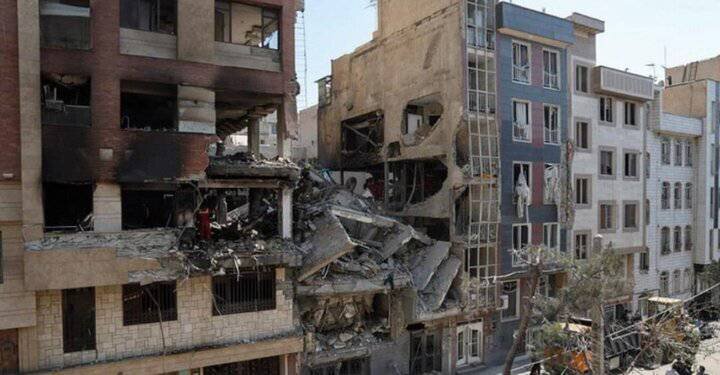Refuted assumptions in the 12-day war

TEHRAN- The blatant aggression by the Zionist regime and the United States against Iranian territory has triggered widespread reactions from both expert and general audiences within the international system.
Part of these responses can be observed in academic and university communities in our country, the region, and the world. The issue is clear: the recent aggression not only contradicts the principles outlined in the UN Charter and the established legal and ethical norms of global coexistence, but also—since it occurred during indirect nuclear negotiations between Iran and the United States in Muscat—it is regarded as a blatant insult to the domain of diplomacy.
In this regard, two essential points must be considered:
First, in analyzing the 12-day war and its broader context, we are confronted with the invalidation of assumptions and preconceived notions that the U.S. and the Zionist regime have long held about Iranian society. The lack of understanding of the distinctive characteristics of Iranians—particularly when faced with an external threat—and the subsequent strengthening of national unity and cohesion, is a critical flaw that is evident in anti-Iranian calculations.
The effort to quantify and predict the reaction of Iranian society when its territory is violated represents a fundamental miscalculation on the part of the adversaries. This strategic and perceptual error became the Achilles’ heel of the Zionist regime during its recent attacks on Iran. The truth is that the Iranian people responded in a manner rooted in their civilizational identity and innate values—realities that were entirely misinterpreted in the war rooms and among the architects of the recent conflict.
Second, the developments following October 7, 2023, and the subsequent aggression by the U.S. and the Zionist regime against Iran, were met with explicit condemnation from academic communities around the world. There are few academic institutions globally that have welcomed these crimes or viewed them as justifiable actions by Washington and Tel Aviv.
From Harvard University in the U.S. to major and minor universities across the geographical and identity-based spectrum of the European Union and beyond, there has been repeated opposition to the coercive and inhumane actions of the U.S. and the Zionist regime. Many of these institutions have even borne significant costs in confronting the official policies of their respective governments. This very fact enhances the credibility and significance of the concept of "educational-academic diplomacy" for our beloved country.
Establishing, solidifying, and sustaining effective dialogues within this dynamic context can play a vital role in uniting the world’s intellectual communities around the concept and goal of “resistance against aggression and injustice.” This critical potential—which has so far remained largely latent—must be transformed into an active and operational framework. The primary audience of educational diplomacy includes scholars, students, and researchers across the contemporary world.
Senior analysts and strategists in the field of international relations widely agree that today, traditional state diplomacy (as understood in the 20th century) has lost much of its weight and effectiveness. In contrast, public diplomacy and its subsets—including educational diplomacy and synergy with foreign academic communities—are increasingly valued, particularly when grounded in ethical and humanistic principles and when challenging existing power structures in international institutions. This undeniable reality must be explicitly factored into our strategic, medium-term, and short-term foreign policy planning, and an operational roadmap should be devised to advance it.
Mahdi Zolfaghari is PhD / Associate Professor, Department of Asian Studies, Allameh Tabataba’i University
Leave a Comment